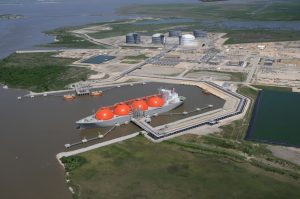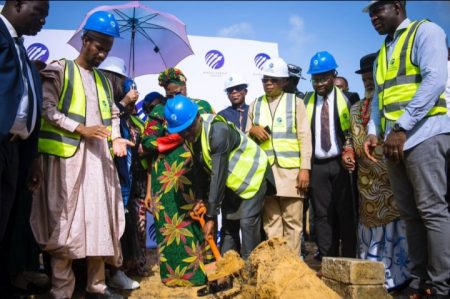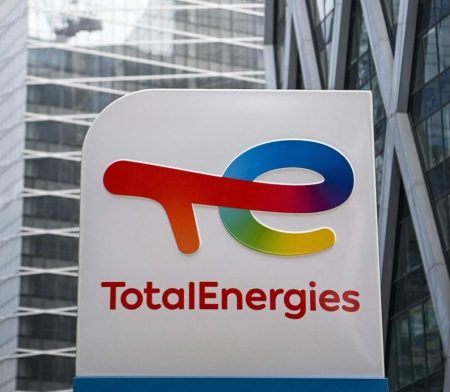
New York/London — A gap is emerging in the U.S. liquefied natural gas (LNG) industry as big players such as Exxon Mobil Corp and Cheniere Energy Inc race ahead to build export terminals without new long-term contracts, while smaller developers struggle to find financing for their first plants.
LNG trade has traditionally been underpinned by long-term purchasing deals which finance multi-billion dollar terminals that liquefy natural gas by chilling it to -260 degrees Fahrenheit (-160 Celsius), load it onto ships, and regasify it when delivered.
This is changing. As the market grows and pricing mechanisms diversify, some buyers do not want to commit to 20-year contracts. The growing prowess of oil majors such as Exxon and recent entrants such as Cheniere and trading houses means there are aggregators that can supply buyers more flexibly, making it harder for smaller players.
“The industry is moving away from long-term agreements to justify construction of a new facility to a true commodity business,” said Charif Souki, co-founder and Chairman of Tellurian Inc.
Dozens of LNG export terminals are being planned in the United States with a total capacity exceeding 300 million tonnes per annum (mtpa). That is equal to the world’s entire consumption of LNG last year. Globally, LNG demand is expected to rise 26% by 2024, far short of such an increase in export capacity, analysts said.
“I’m not going to pick a winner or loser here, but I don’t think there is enough support for all of these projects by any means,” said Rich Redash, head of global gas planning, at S&P Global Platts Analytics.
Tellurian has been seeking investors for its 27-mtpa Driftwood export terminal in Louisiana. Instead of trying to line up long-term purchase agreements, it offers customers the opportunity to invest in the company’s gas production, pipelines and liquefaction.
Also Read: Belarus may reduce Russian gas purchases next year
The company has delayed the start of construction to early next year from a previous target of the first half of this year, according to company presentations. It also reduced how much its partners need to invest in the project to receive LNG to $500 per tonne from a previous target of $1,500 per tonne.
By contrast, Exxon and Qatar Petroleum decided this year to move ahead with their 15-mtpa Golden Pass project in Texas, while Cheniere said it would expand its Sabine Pass terminal in Louisiana. Neither were directly supported by substantial long-term agreements.



